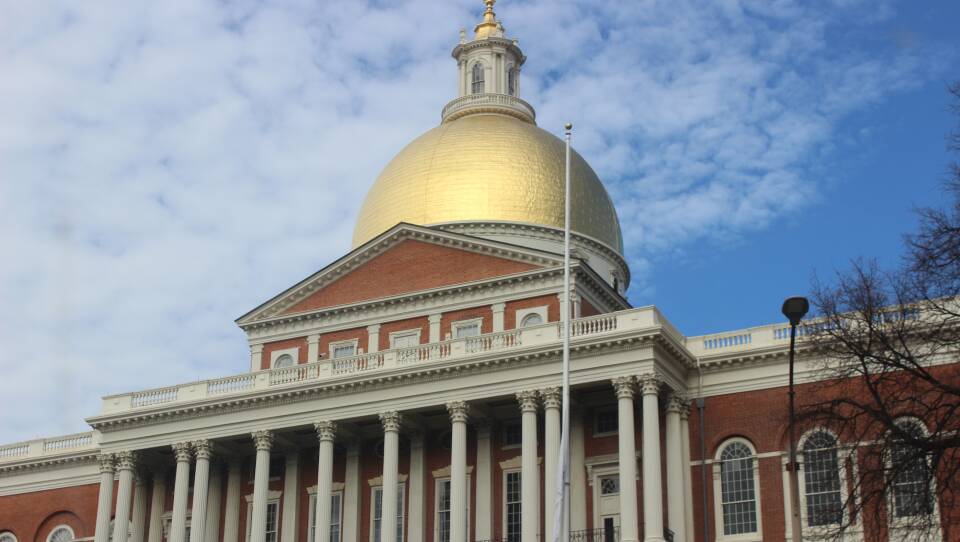Updated 12:45 p.m.
Housing advocates told State House lawmakers Tuesday that the state’s punitive tax lien laws are a pipeline to homelessness and need retooling.
Several bills under consideration in the Massachusetts Legislature are aimed at giving more protections to homeowners who fall behind in property taxes if those tax debts are purchased by private investors.
More than 30 cities and towns in Massachusetts routinely sell tax lien debts to private investors who can then charge high interest rates or even foreclose on homeowners unable to pay the back taxes and fees.
Hundreds of property owners caught in tax lien troubles end up defending against foreclosure in State Land Court each year. A study by Ralph Clifford, a professor at the University of Massachusetts School of Law, found more than 15 percent of such property owners lose in tax lien foreclosure cases.
Over the last decade, more than 100 property owners in Worcester or their heirs have lost their homes and other property to tax lien foreclosures that began at auctions run by the city, according to documents at the Worcester Registry of Deeds and State Land Court analyzed by the New England Center for Investigative Reporting.
State Rep. Tram Nguyen (D-Andover), lead sponsor of one the bills, told members of the revenue committee that there needs to be better notification given to homeowners, including sending a constable to deliver a notice of their debts.
Read more: Some Cities Are Cashing In On Homeowners' Tax Debts, And Making Foreclosure More Likely
Todd Kaplan, an attorney at Greater Boston Legal Services, told legislators that homeowners need to know their homes and equity are at risk in this process.
“No one’s ever told if your home is sold at tax foreclosure, you lose everything,” he said. “That's for most people inconceivable and counterintuitive. In a regular foreclosure when you have a mortgage, they sell your property and they give you back the balance.”
Tax lien foreclosures in Massachusetts allow either a municipality or an investor who purchased the lien to foreclose on the real estate completely, taking the owner’s equity as well.
Daniel Hill, an attorney for Tallage LLC, the state’s biggest buyer of tax lien debt, urged committee members not to recommend the bills.
“Why would we want to delay a process which would potentially get folks to come to the table to pay their taxes,” said Hill.
Patricia Carlino, a Lee selectman and a consultant for Tallage, told the committee that delinquent homeowners are already protected under current laws and given at least a half dozen notices before a foreclosure lawsuit is filed in Land Court.
The Boston Bar Association did not testify at the hearing but has issued a statement backing proposed legislation that would end the windfall profits for private investors such as Tallage and allow cities and towns to craft flexible repayment plans, especially for low-income and elderly homeowners.





